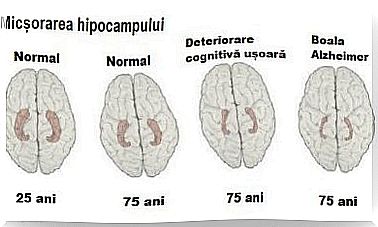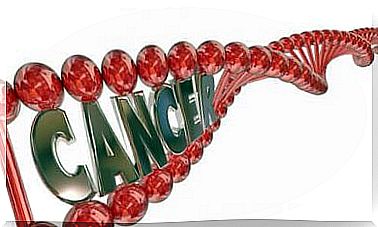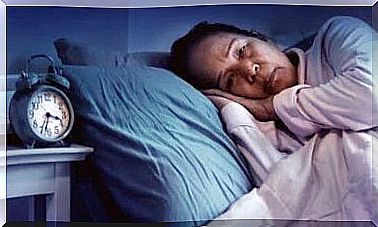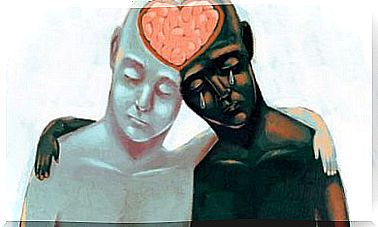Bladder Cancer: 7 Symptoms
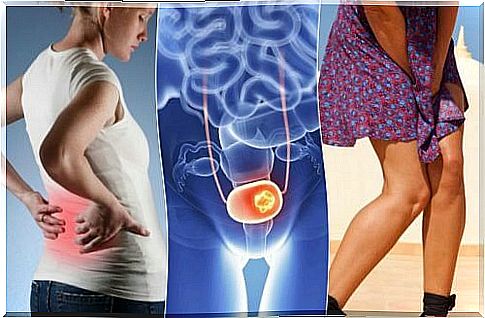
The bladder is a muscular organ in the shape of a bag. It compresses and dilates when it stores urine produced by the kidneys. Bladder cancer occurs when a number of malignant cells grow uncontrollably along its inner membrane, forming tumors.
In most cases, bladder cancer begins in the urothelium, the deepest layer inside this organ. Early detection of the disease is essential to avoid tragic consequences, as the cancer can spread in just a few days to other areas of the bladder or other nearby tissues.
Unfortunately, the problem is that many of the initial symptoms of bladder cancer can be associated with other conditions, which prevents the correct diagnosis of the disease in many patients. Therefore, it is essential to be aware of possible signs of this type of cancer, especially if you have certain risk factors, such as smoking and exposure to toxic chemicals.
Today we present 7 of the main symptoms of bladder cancer. Do not hesitate to go to the doctor if you face them.
1. Bladder cancer can cause blood to appear in the urine
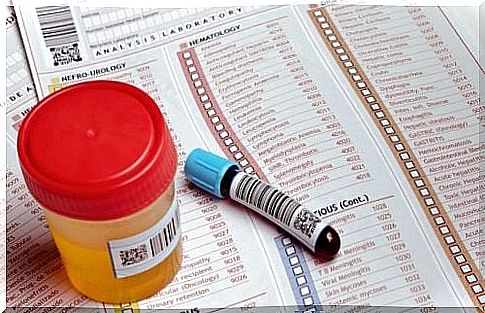
The presence of blood in the urine is one of the first symptoms of bladder cancer.
- The amount may vary, but blood generally appears intermittently.
- Some patients may notice that their urine has turned pink or, in rare cases, dark red.
- In other cases, urine may appear normal if viewed with the naked eye. But the doctor can detect traces of blood when he examines it carefully.
- These symptoms may persist for several weeks in a row or may appear and disappear quickly.
- If the disease is not treated, bloody urine will reappear in the future.
2. Changes in urination habits
Changing urination habits can be a sign of bladder cancer. Generally, this symptom is caused by urinary tract infections, but can also help diagnose cancer quickly.
See a doctor if you notice the following signs:
- Frequent need to urinate, even if you have an empty bladder
- The pressing need to urinate at night
- Poor urine flow
- It hurts when you urinate
3. Pain in one side of the back

Both urinary tract infections and kidney stones and bladder cancer can cause back pain. Even if it can be initially confused with a muscle pain, the recurrence and intensity of the pain give you to understand that this is another problem.
It is important to pay attention to low back pain, especially if it is accompanied by significant changes in urine.
4. Loss of appetite
Loss of appetite can have many causes. Among them is the possibility of the presence of a type of cancer in the body.
People with bladder tumors have a feeling of heaviness in their stomach that reduces their appetite.
5. Weight loss
Loss of appetite and stress caused by cancer can lead to an alarming weight loss. Therefore, severe nutritional deficiencies can occur that weaken the immune system and facilitate the development of cancer cells.
6. Inflammation
Water retention can occur as an inflammatory reaction of the body when it is attacked by cancer cells.
When it comes to bladder cancer, water retention is especially present in the abdomen and legs because the bladder can no longer eliminate fluids properly.
7. Fatigue and anemia

Another consequence of loss of appetite caused by bladder cancer is the feeling of increased fatigue, usually associated with anemia.
Lack of nutrients leads to decreased production of blood cells. Thus, the cells in the body receive less oxygen, which causes physical and mental fatigue.
In conclusion, the symptoms listed above may be completely harmless or may indicate the presence of a serious disease in the body. It is advisable to have the necessary medical tests to find out if you suffer from bladder cancer. As with other cancers, rapid detection is essential for effective treatment.

